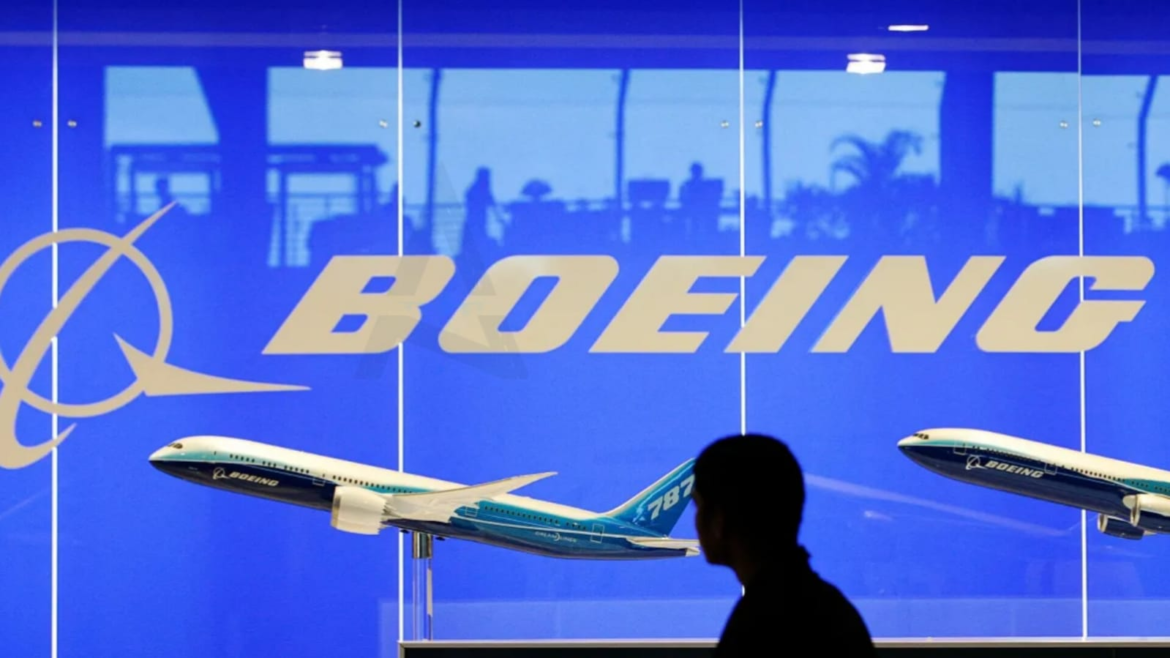In recent years, Boeing, once hailed as a titan of the aerospace industry, has faced significant challenges that have raised questions about its future. The phrase “If it’s Boeing, I ain’t going” has become a common sentiment among travelers and industry experts alike, reflecting growing concerns about the company’s safety record, corporate governance, and overall reliability.
Boeing’s troubles began in earnest with the grounding of its 737 MAX aircraft in March 2019, following two fatal crashes that claimed 346 lives. The crashes revealed serious flaws in the aircraft’s design and oversight, leading to a comprehensive investigation by aviation authorities worldwide. The fallout was severe, resulting in billions of dollars in losses, legal liabilities, and damage to Boeing’s reputation. As the company struggled to regain the trust of airlines and passengers, production of the 737 MAX was halted, exacerbating financial woes.
The impact of the 737 MAX crisis rippled through the aviation industry, affecting airlines, suppliers, and employees. Many airlines that relied heavily on the 737 MAX were forced to adjust their fleets, leading to operational challenges and disruptions. Passengers grew wary of flying on Boeing aircraft, with some opting to travel with competing manufacturers like Airbus. The perception that “If it’s Boeing, I ain’t going” has resonated particularly among frequent travelers, as concerns over safety and reliability took center stage.
Boeing’s leadership faced intense scrutiny, with calls for accountability and reform. The company has since made efforts to address these issues, implementing new safety measures and increasing transparency in its operations. However, critics argue that these changes may not be enough to restore confidence in the brand. Boeing’s ongoing struggles with supply chain disruptions, production delays, and rising costs have further complicated its recovery.
The situation has prompted discussions about the broader implications for the aerospace industry. As Boeing grapples with its challenges, competitors like Airbus have capitalized on the opportunity, expanding their market share and strengthening their foothold in the aviation sector. The competitive landscape has shifted, and many industry experts are closely watching how Boeing will navigate its path forward.
The company’s future will depend on its ability to innovate and adapt to the evolving needs of the aviation market. This includes not only addressing safety concerns but also investing in sustainable aviation technologies and practices. As the industry increasingly focuses on reducing its environmental impact, Boeing must find ways to lead in this area to regain its position as a market leader.
In the face of adversity, Boeing’s story serves as a cautionary tale for the aerospace industry. The phrase “If it’s Boeing, I ain’t going” encapsulates a sentiment of distrust that could linger long after the company resolves its current challenges. Rebuilding reputation and trust will require a concerted effort from Boeing to prioritize safety, transparency, and accountability.
As the aviation landscape continues to evolve, the future of Boeing remains uncertain. Whether the company can overcome its challenges and restore confidence among passengers and airlines will be pivotal in determining its place in the aerospace industry. The coming years will be crucial as Boeing seeks to rewrite its narrative and reclaim its status as a trusted name in aviation.

